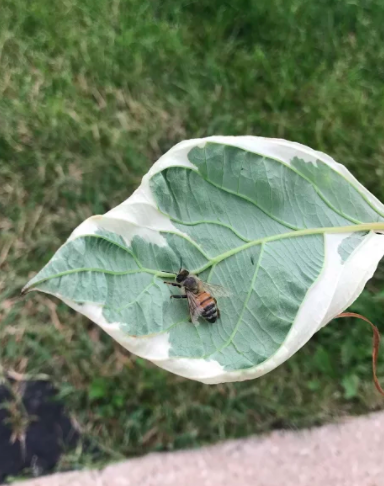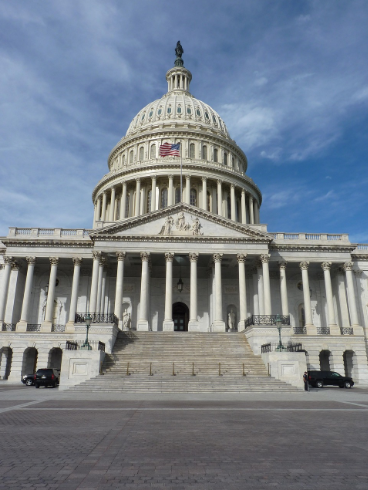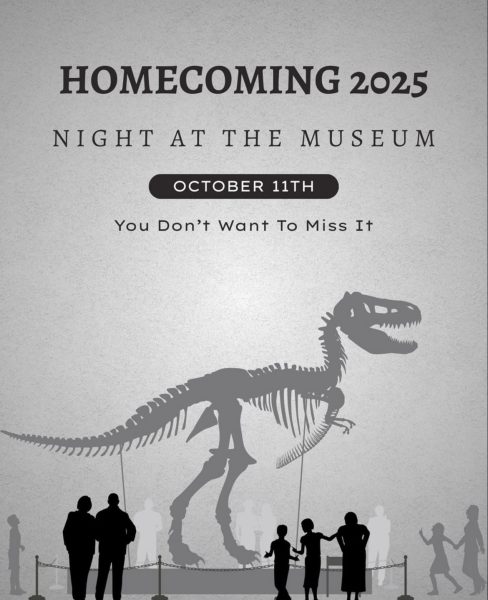Saving The Bees One Step At A Time

We can change the world.
Many people think of bees simply as a nuisance. But these small and hard-working insects make it possible for many communities to have their favorite foods on the table. Recent studies have shown a drastic decline in the honeybee population in recent years. Now, a condition known as Colony Collapse Disorder is causing bee populations to plummet.
The honeybees pollination is vital to human food supply. According to GreenPeace.org about 65 percent of plant species rely on the creatures for pollination. That means for every three bites of food you take one bite was pollinated by honeybees. Honeybees are primarily responsible for the following crops—apples, cucumbers, strawberries, almonds, and much more. Scientists know that bees are dying from a variety of factors—pesticides, drought, habitat destruction, nutrition deficit, air pollution, global warming and more. There are several factors that have played a role in the insects’ disappearance including global warming, which has caused flowers to bloom earlier or later than usual. When pollinators come out of hibernation, the flowers that provide the food they need to start the season have already bloomed. Farmers also play a role in the destruction of honeybees, by using pesticides on their crops. Some toxic pesticides meant to kill pests can harm the honey bees needed for pollination. Many pesticides banned by other countries because they harm bees are still available in the United States. And lastly habitat loss which is brought about by development, abandoned farms, growing crops without leaving habitat for wildlife, and growing gardens with owers that are not friendly to pollinators. Dana Gavin, a senior at Arrowhead High School says, “It’s important that the youth takes actions to help these creatures. There are so many easy ways to help honeybees within our own backyard. Never underestimate the importance of the steps you take in your own garden—if we all do our bit to create a feeding station, free of toxic poisons, then together we will gradually help bees and other species to extend their range.”
Aidan Kunz, a senior says “Keeping bees in your own backyard is one of the best ways to help our pollinators. This is such an important issue, that is hardly talked about. A sustainable beekeeping company is the way to go.”
Typically, a bee hive or colony will decline by 5-10 percent over the winter, and replace those lost bees in the spring. In a bad year, a bee colony might lose 15-20 percent of its bees. In the U.S., winter losses have commonly reached 30-50 percent, in some cases more.
Gavin says, “As winter is here, we have to keep in mind that bees rely on plant growth in the springtime. If we can, try and keep flowers, shrubs, trees and plants in bloom for as long as possible in the garden. Some bee species may come out early, and will be looking for much needed pollen and nectar sources, which will help them gain strength. We all have the choice to be a positive source for the future of honeybees, or allow the earth to fall apart.”









